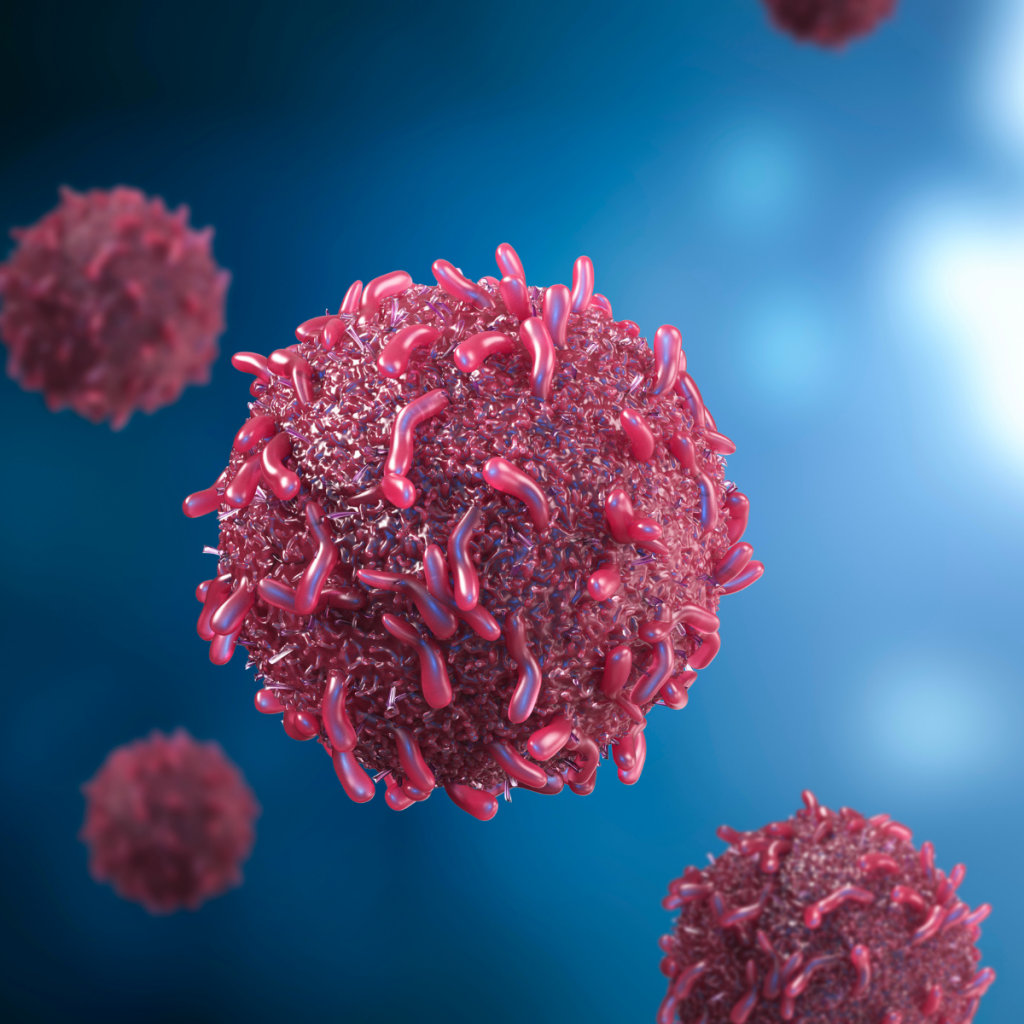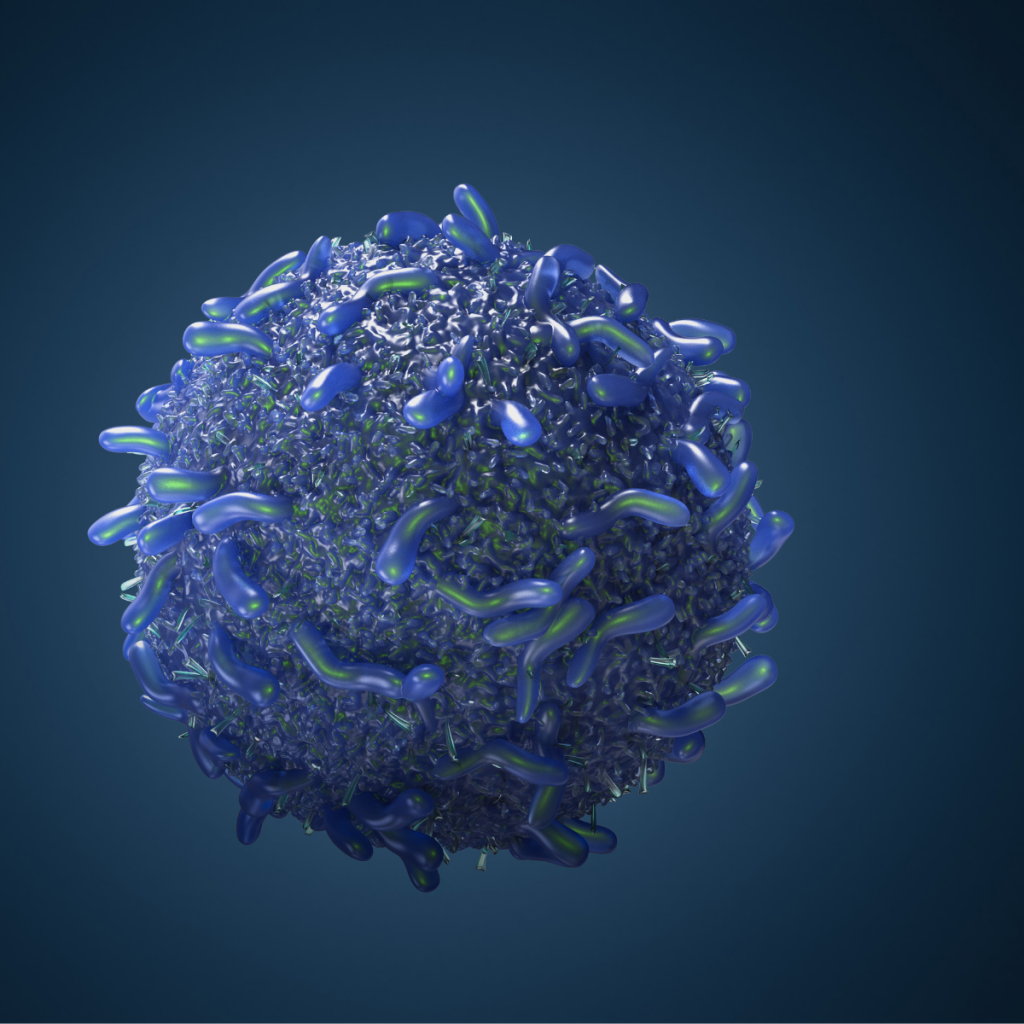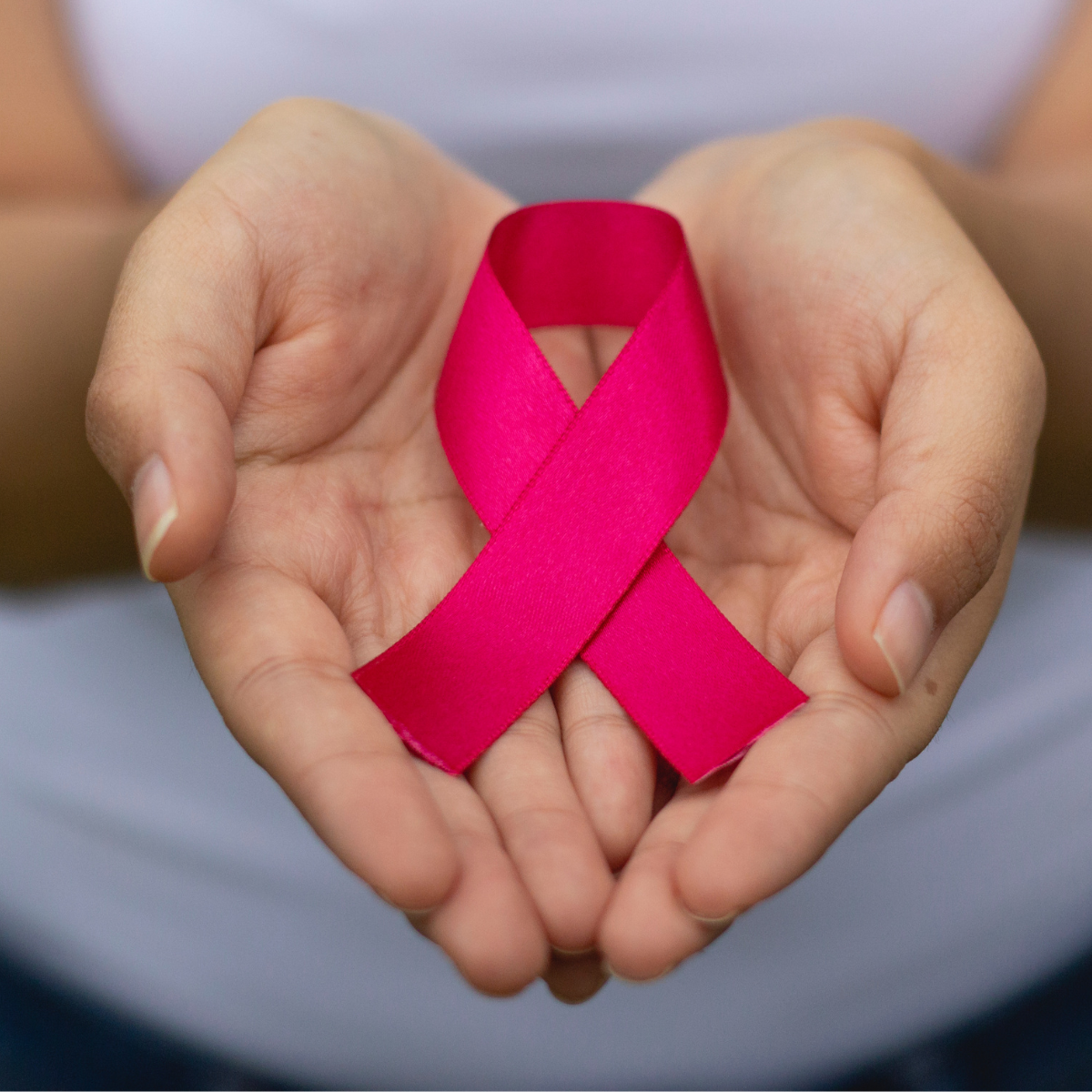Cancer is a complex disease that can affect anyone, but certain individuals may be at a higher risk due to genetic factors. Inherited genetic mutations play a significant role in the development of some cancers, making it essential to understand the connection between genetics and cancer risk. While not all cancers are hereditary, many types are linked to inherited gene changes that can increase the likelihood of developing cancer at an early age or multiple times in a lifetime. In this article, we will explore how genetics influence cancer risk, the types of cancers that are hereditary, and what you can do to lower your risk if you have a family history of cancer.
Understanding Genetics and Cancer
At its core, cancer occurs when the body’s cells begin to grow uncontrollably due to genetic mutations. These mutations can be inherited from one’s parents (germline mutations) or acquired over a person’s lifetime (somatic mutations). Genetic mutations disrupt normal cell functions and may cause cells to divide uncontrollably, leading to tumor formation.

While some mutations are a natural part of aging or environmental exposures, hereditary cancer risks come from changes in genes passed down from one generation to the next. These mutations can significantly increase a person’s susceptibility to certain cancers, but it’s important to note that genetics alone are not always the deciding factor in whether someone develops cancer. Environmental factors, lifestyle choices, and even random chance also play roles.
How Do Inherited Genetic Mutations Affect Cancer Risk?
Certain genetic mutations increase the risk of cancer by disrupting essential processes that keep cells healthy. Some genes are responsible for repairing DNA damage or controlling cell growth, and mutations in these genes can cause cells to divide uncontrollably. Inherited mutations are usually passed down through families and can lead to several types of cancer, depending on which gene is affected.
For instance, mutations in the BRCA1 and BRCA2 genes are associated with an increased risk of breast and ovarian cancer. These genes normally help repair DNA damage, but when they are mutated, they can’t perform their job correctly, leading to the development of cancer. Similarly, mutations in the TP53 gene are linked to several cancers, including breast, colorectal, and kidney cancer. These mutations impair the body’s ability to stop the growth of abnormal cells.
Types of Cancers Linked to Genetic Mutations
While all types of cancer involve mutations in DNA, only a few types are closely linked to inherited genetic mutations. Below are some of the cancers most commonly associated with genetic risk:
Breast and Ovarian Cancer
The BRCA1 and BRCA2 genes are perhaps the most well-known genes linked to hereditary cancer risk. Women with a mutation in these genes are at a significantly higher risk of developing breast and ovarian cancers. In fact, women with a BRCA1 mutation have a 55-72% lifetime risk of developing breast cancer, and those with a BRCA2 mutation face a 45-69% lifetime risk.
In addition to BRCA1 and BRCA2, other gene mutations, such as those in the PTEN and TP53 genes, can also contribute to the risk of breast and ovarian cancers, though these mutations are less common.
Colorectal Cancer
Colorectal cancer is another common cancer linked to genetics. Several hereditary conditions increase the risk of developing colorectal cancer, including Lynch syndrome and familial adenomatous polyposis (FAP). Lynch syndrome is caused by mutations in mismatch repair genes such as MLH1, MSH2, MSH6, and PMS2. These mutations lead to an increased risk of colorectal cancer and other cancers, including endometrial cancer.
FAP, a rare inherited condition, is caused by mutations in the APC gene. Individuals with FAP develop hundreds to thousands of precancerous polyps in the colon and rectum, which eventually turn into cancer if not treated.
Prostate Cancer
Prostate cancer is another type of cancer with a strong genetic component. Men with a family history of prostate cancer are at a higher risk of developing the disease. Mutations in the BRCA1, BRCA2, and HOXB13 genes can significantly increase a man’s risk of prostate cancer. Men with a BRCA2 mutation, for example, have a higher risk of developing aggressive prostate cancer at a younger age.
Lung Cancer
Although lung cancer is most commonly caused by smoking, genetic mutations can also contribute to the disease. Certain gene mutations, such as those in the EGFR, ALK, and ROS1 genes, are associated with an increased risk of lung cancer in non-smokers. These mutations can lead to the growth of abnormal cells in the lungs, which can lead to cancer. People with a family history of lung cancer may also be at higher risk, particularly if there is a history of these gene mutations in the family.

Endometrial Cancer
Endometrial cancer, which affects the lining of the uterus, is another cancer associated with inherited genetic mutations. Lynch syndrome, which is linked to colorectal cancer, also increases the risk of endometrial cancer. Women with Lynch syndrome have a 40-60% lifetime risk of developing endometrial cancer, making it one of the most common cancers in women with this condition.
Genetic Testing and Screening for Cancer Risk
For individuals with a family history of cancer, genetic testing can help identify mutations that may increase their risk of developing certain cancers. Genetic tests can identify inherited mutations in genes such as BRCA1, BRCA2, and others linked to various cancers. Testing can help individuals understand their risk and make informed decisions about prevention and treatment.
In addition to genetic testing, regular cancer screenings are crucial for individuals at higher risk of developing cancer due to genetic factors. For example, women with a family history of breast cancer and mutations in BRCA1 or BRCA2 genes may consider starting breast cancer screenings at an earlier age and may also explore preventive options such as prophylactic mastectomy or oophorectomy.
What Can You Do to Lower Your Risk?
While you cannot change your genetic makeup, there are several steps you can take to lower your risk of developing cancer, even if you are genetically predisposed:

- Healthy Diet and Exercise: A balanced diet and regular physical activity can help maintain a healthy weight and reduce the risk of certain cancers, including colorectal, breast, and prostate cancer.
- Avoid Smoking: Smoking is the leading cause of lung cancer and many other types of cancer. Avoiding tobacco use can significantly lower your cancer risk.
- Limit Alcohol Consumption: Excessive alcohol consumption is linked to several cancers, including liver, breast, and colorectal cancer. Limiting alcohol intake can help reduce the risk.
- Sun Protection: Skin cancers, including melanoma, are linked to UV radiation from the sun. Protecting your skin with sunscreen and wearing protective clothing can reduce your risk.
- Regular Screening: If you have a family history of cancer or carry inherited gene mutations, talk to your doctor about early screening and preventive measures. Regular screenings, such as mammograms, colonoscopies, and PSA tests, can help detect cancer early when it’s easier to treat.
- Genetic Counseling: If you are concerned about your genetic risk, consider speaking with a genetic counselor. They can help interpret your family history, recommend genetic testing, and guide you on the best preventive measures.
Conclusion
Cancer risk is influenced by many factors, including genetics. While inheriting certain genetic mutations can increase your risk of developing cancer, lifestyle choices and regular screenings can play a vital role in reducing that risk. Understanding your genetic predisposition to cancer and taking proactive steps to protect your health can empower you to take control of your well-being. If you have a family history of cancer, it’s important to speak with your healthcare provider about genetic testing and personalized prevention strategies to reduce your cancer risk.

Leave a Reply